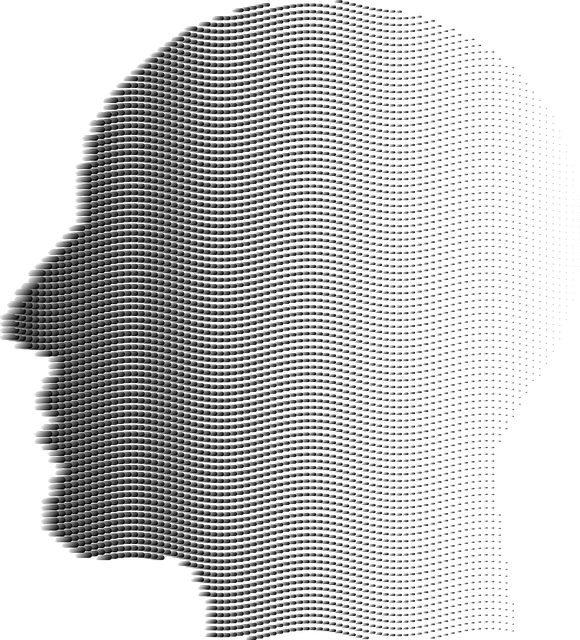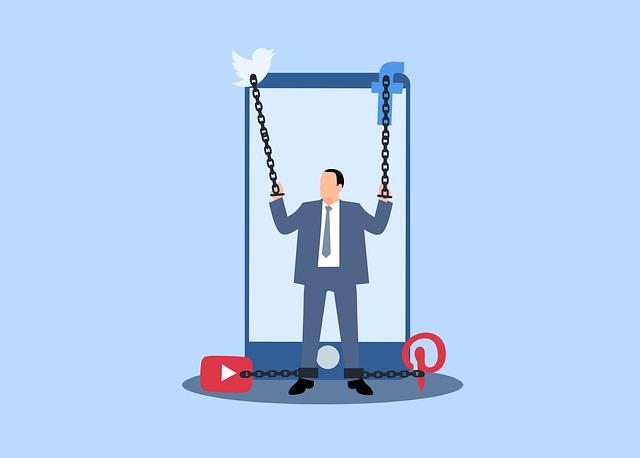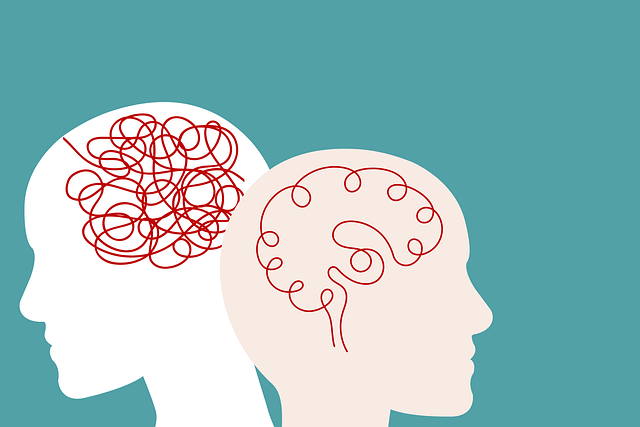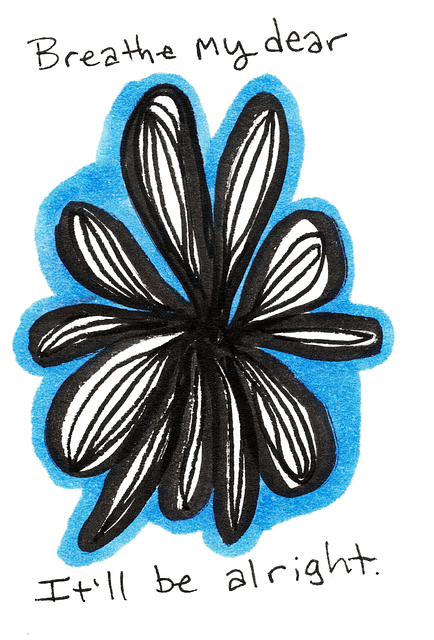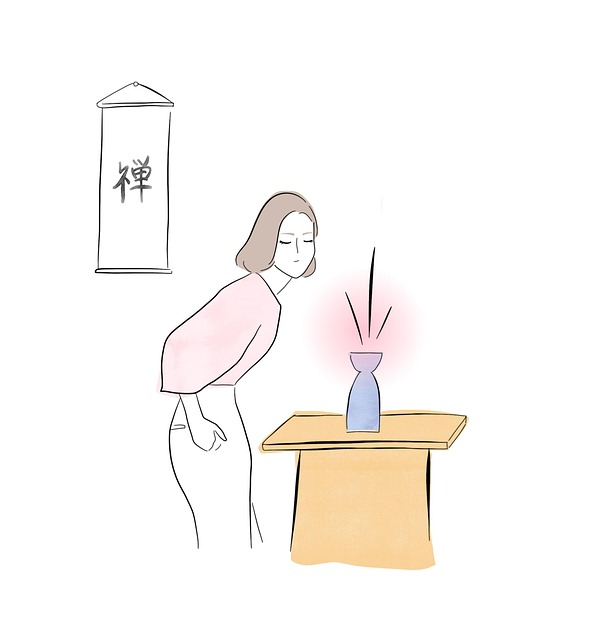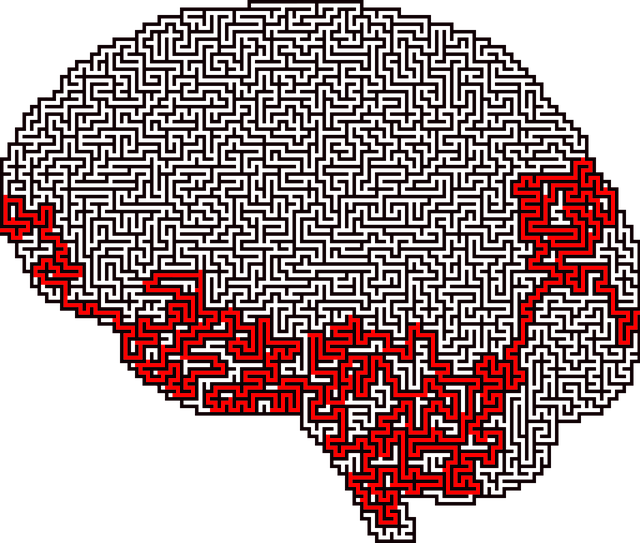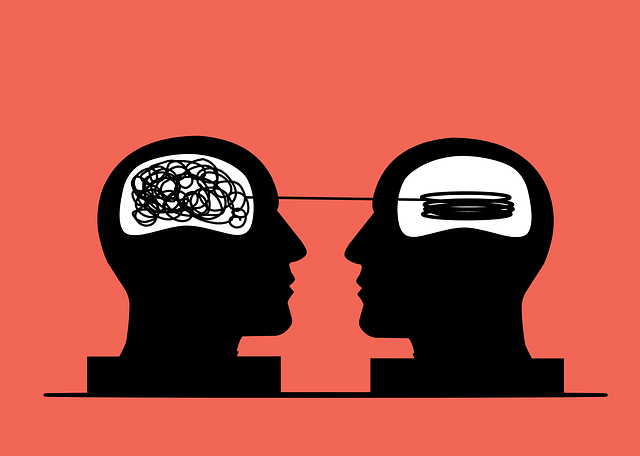Longmont Chronic Pain Therapy offers comprehensive solutions for managing anxiety in patients with chronic conditions by addressing mind-body connections. Using evidence-based methods like Cognitive Behavioral Therapy (CBT), mindfulness, meditation, and physical exercise, this therapy disrupts the cycle of anxiety and pain, builds resilience, and improves quality of life. Longmont Chronic Pain Therapy's holistic approach integrates alternative relaxation techniques and community support to empower individuals in navigating their health challenges effectively.
Anxiety management is a vital component of treating chronic pain, as stress can exacerbate symptoms. This guide explores effective techniques tailored for individuals in Longmont seeking chronic pain relief. We delve into understanding anxiety’s impact, introducing Cognitive Behavioral Therapy (CBT) as a powerful, evidence-based approach. Additionally, discover mindfulness practices, the benefits of physical exercise, and alternative relaxation methods to holistically manage anxiety alongside chronic pain.
- Understanding Anxiety and Its Impact on Chronic Pain
- Cognitive Behavioral Therapy (CBT): A Powerful Tool for Managing Anxiety
- Mindfulness and Meditation Techniques to Reduce Anxiety
- Physical Exercise and its Role in Anxiety Mitigation
- Alternative Therapies: Exploring Relaxation and Stress Relief Methods
Understanding Anxiety and Its Impact on Chronic Pain

Anxiety is a natural response to stress, but when it becomes chronic and persistent, it can significantly impact an individual’s quality of life, especially those dealing with long-term health conditions like Longmont Chronic Pain Therapy patients. The mind-body connection is profound; anxiety disorders are often linked to physical pain, making it a complex challenge to manage. This relationship creates a vicious cycle where worry and stress intensify pain sensations, leading to heightened anxiety.
Understanding this dynamic is crucial for developing effective coping strategies. Anxiety management techniques focus on breaking this cycle by teaching individuals tools to recognize and regulate anxious thoughts and emotions. Through Longmont Chronic Pain Therapy, patients can learn resilience-building skills to navigate stressful situations, promote anxiety relief, and develop a robust risk management plan tailored to their mental health needs.
Cognitive Behavioral Therapy (CBT): A Powerful Tool for Managing Anxiety

Cognitive Behavioral Therapy (CBT) is a highly effective and evidence-based approach to managing anxiety disorders, making it a valuable asset for individuals seeking relief from long-term chronic pain in Longmont. By focusing on identifying and changing negative thought patterns and behaviors, CBT empowers patients to take control of their mental wellness. This therapy helps individuals recognize how their thoughts influence emotions and subsequent actions, enabling them to challenge and replace unhelpful cognitive distortions with more realistic and positive ones.
Through CBT, participants learn valuable coping strategies for stress management, enhancing self-esteem and overall resilience. By participating in structured workshops or individual sessions, one can acquire the tools necessary to navigate anxious situations more effectively. This therapy has been shown to be particularly beneficial for those dealing with chronic pain, as it helps manage associated anxiety and improves quality of life.
Mindfulness and Meditation Techniques to Reduce Anxiety

Anxiety can be a formidable enemy, but Longmont Chronic Pain Therapy offers powerful tools to combat it. Mindfulness and meditation techniques have emerged as effective strategies for reducing anxiety and promoting mental well-being. By focusing on the present moment and cultivating self-awareness, individuals can interrupt anxious thoughts and create a sense of calm.
Practicing mindfulness involves paying attention to your senses and observing your feelings without judgment. Simple meditation exercises, such as deep breathing or body scans, encourage relaxation and self-care routine development for better mental health. Additionally, these techniques can be combined with communication strategies to express one’s needs and boundaries, further alleviating anxiety in both personal and professional settings.
Physical Exercise and its Role in Anxiety Mitigation

Physical exercise plays a pivotal role in anxiety management, offering a powerful tool to combat chronic anxiety and its associated symptoms. Beyond its well-documented benefits for physical health, regular movement serves as a natural stress reliever, helping to reduce levels of cortisol—the stress hormone often elevated in anxious individuals. Incorporating activities like aerobic exercises, yoga, or even brisk walking can help regulate mood, promote relaxation, and enhance overall mental well-being.
For those navigating chronic pain, such as individuals seeking Longmont Chronic Pain Therapy, exercise becomes a nuanced yet invaluable aspect of their treatment plan. Tailored movement routines not only alleviate physical discomfort but also foster a sense of control and empowerment, counteracting the helplessness often associated with anxiety. Additionally, engaging in physical activities can serve as effective burnout prevention strategies for healthcare providers, who may themselves be at risk of developing heightened stress levels due to demanding work environments. Effective communication strategies and self-care practices, combined with regular exercise, create a holistic approach to managing both personal well-being and professional resilience.
Alternative Therapies: Exploring Relaxation and Stress Relief Methods

In addition to traditional treatments, Longmont chronic pain therapy incorporates alternative approaches that focus on relaxation and stress relief. These methods acknowledge the intricate connection between mental and physical health, aiming to reduce anxiety and promote overall well-being. Techniques such as mindfulness meditation, deep breathing exercises, and yoga have proven effective in managing chronic pain by fostering self-awareness exercises and enhancing stress management skills.
Community outreach program implementation further enriches these alternative therapies by providing support networks and education opportunities. By combining these diverse strategies, Longmont chronic pain therapy offers a holistic approach that not only addresses the physical symptoms but also empowers individuals to take control of their mental state, fostering resilience in navigating challenging health conditions.
Anxiety management plays a pivotal role in alleviating chronic pain, as demonstrated by various evidence-based techniques. From Cognitive Behavioral Therapy (CBT) offering powerful insights into challenging negative thoughts to mindfulness meditation calming the mind, each approach provides valuable tools for Longmont Chronic Pain Therapy. Incorporating regular physical exercise and exploring alternative relaxation methods can further enhance these strategies. By understanding and managing anxiety, individuals can significantly improve their overall well-being and quality of life.
